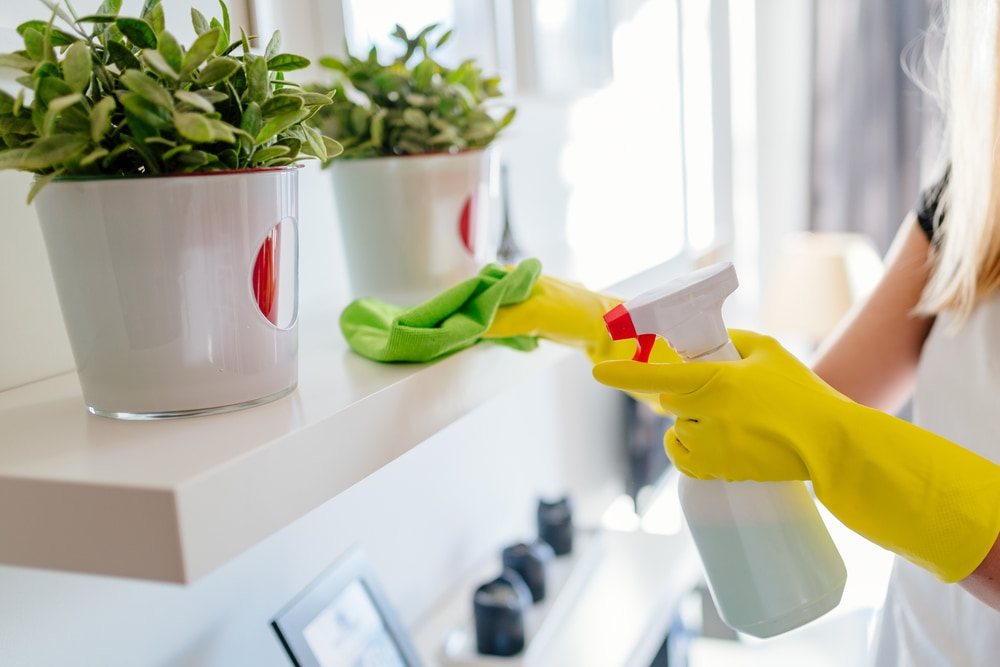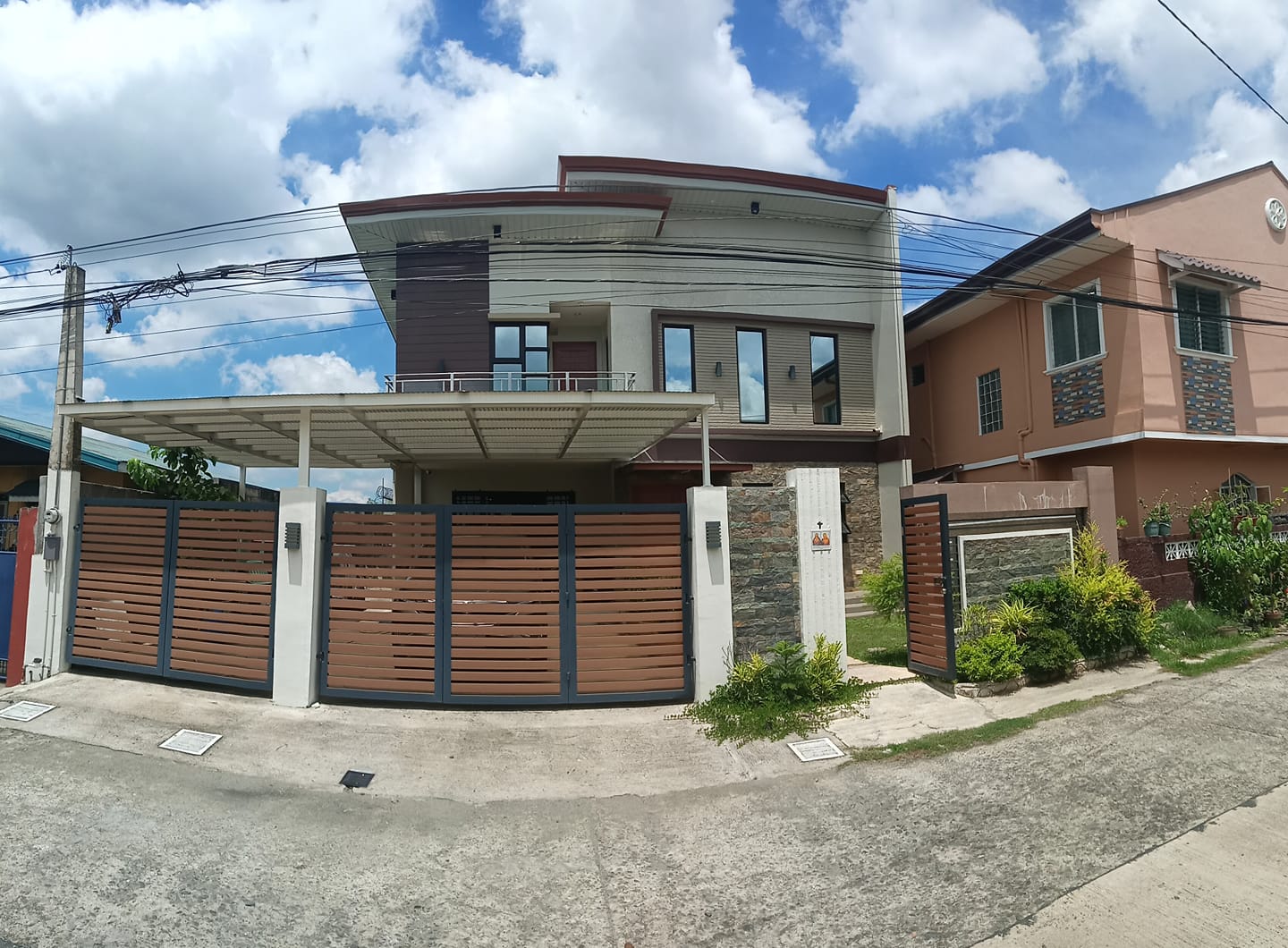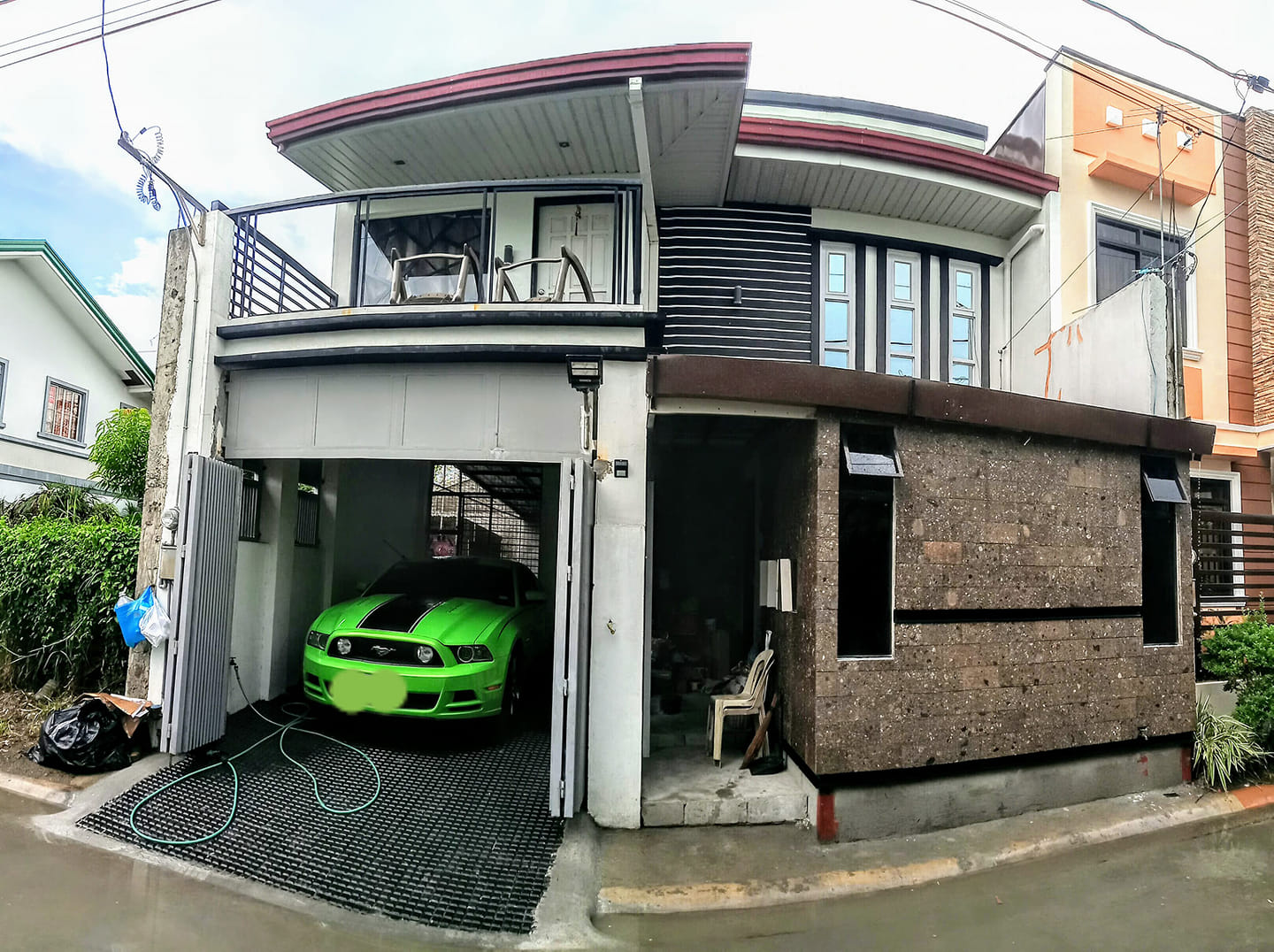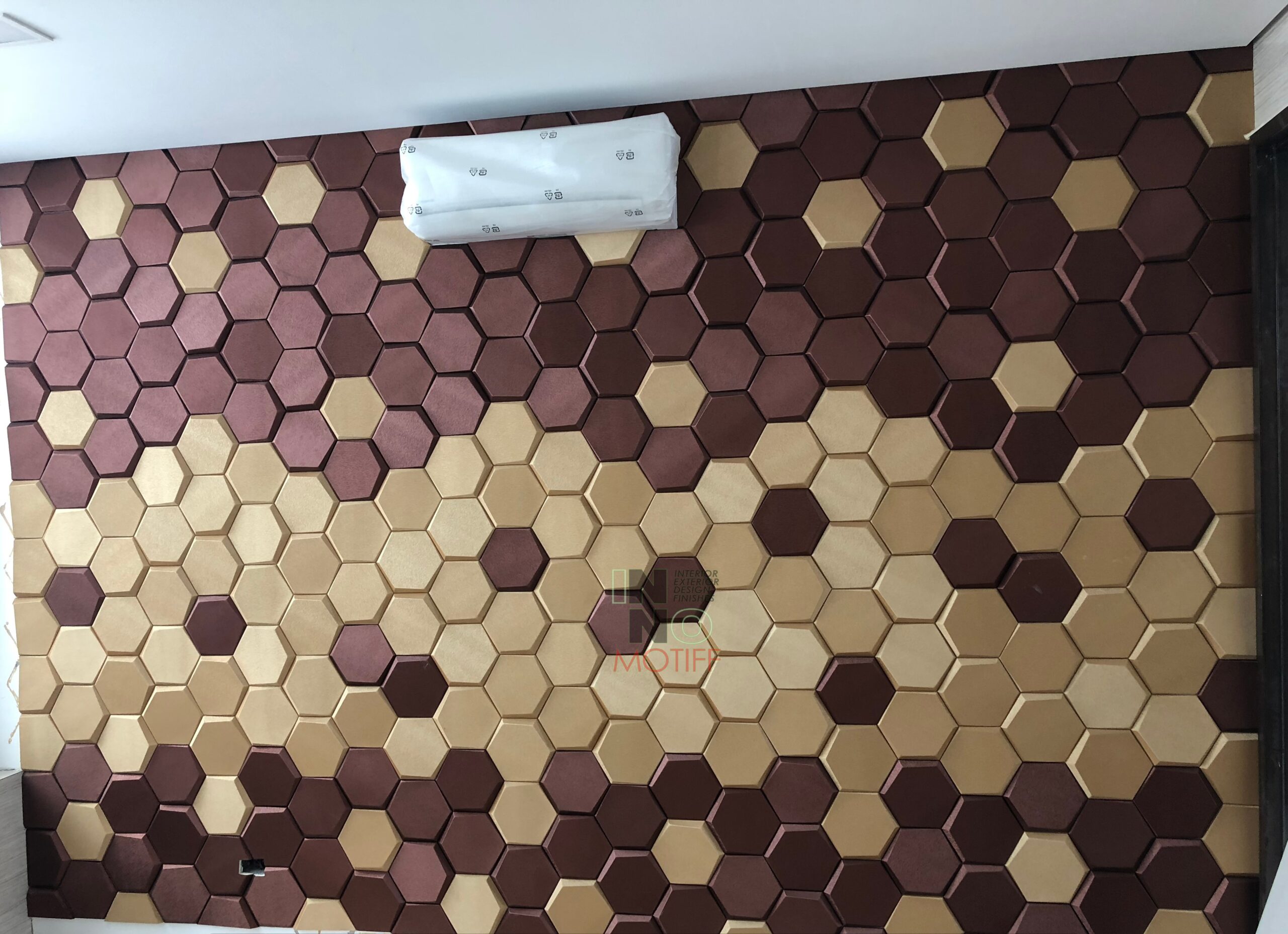Indoor air quality (IAQ) plays a crucial role in our overall health and well-being. Yet, it’s often overlooked compared to outdoor air pollution. The truth is, the air inside our homes can be more polluted than the air outside, harboring various pollutants like dust, pet dander, mold spores, and volatile organic compounds (VOCs). Fortunately, maintaining good indoor air quality is within reach, and one effective way to achieve this is through regular cleaning services.
Section 1: Understanding Indoor Air Quality
Indoor air quality refers to the condition of the air inside buildings, including homes, offices, and other enclosed spaces. Poor indoor air quality can lead to a range of health issues, from respiratory problems and allergies to more severe conditions like asthma and even cardiovascular disease. Common indoor air pollutants include dust mites, pet dander, pollen, mold, bacteria, and chemicals emitted from household products and furnishings.
Section 2: Importance of Regular Cleaning
Regular cleaning is essential for removing and reducing indoor air pollutants. Dust and other contaminants tend to accumulate on surfaces such as floors, carpets, upholstery, and curtains. Without regular cleaning, these pollutants can become airborne and circulate throughout the home, contributing to poor indoor air quality. Moreover, neglecting cleaning tasks can lead to the growth of mold and mildew, further exacerbating air quality issues.
Section 3: Role of Professional Cleaning Services
While DIY cleaning efforts can make a difference, professional cleaning services offer several advantages in improving indoor air quality. Professional cleaners have the expertise and specialized equipment to tackle tough pollutants effectively. They use high-efficiency particulate air (HEPA) filters in vacuums to trap even the smallest particles, ensuring thorough cleaning. Additionally, professional cleaners employ techniques like steam cleaning carpets and upholstery to remove embedded dirt and allergens.
Section 4: Techniques for Improving Indoor Air Quality
To enhance indoor air quality between professional cleaning visits, there are several techniques homeowners can employ. Regular vacuuming with a HEPA filter-equipped vacuum cleaner helps to remove surface dust and allergens. Washing bedding and curtains in hot water can also eliminate dust mites and pollen. Additionally, proper ventilation, such as opening windows and using exhaust fans, helps to circulate fresh air and reduce indoor air pollutants.
Section 5: Additional Tips for Enhancing Indoor Air Quality
In addition to regular cleaning and ventilation, certain lifestyle changes and habits can further improve indoor air quality. Using air purifiers with HEPA filters can help remove airborne pollutants, especially in rooms where ventilation is limited. Avoiding smoking indoors and reducing the use of harsh chemical cleaners can also contribute to healthier indoor air. Furthermore, scheduling routine maintenance tasks like inspecting and cleaning air ducts can prevent the buildup of contaminants and maintain optimal air quality.
Takeaway
Maintaining good indoor air quality is essential for creating a healthy and comfortable living environment. By investing in regular cleaning services and adopting healthy habits, homeowners can significantly reduce indoor air pollutants and improve their overall well-being. Remember, prioritizing indoor air quality is not just a matter of cleanliness—it’s an investment in your health and the health of your loved ones.
Why settle for less? Choose United Channel for regular cleaning services and elevate your space to new levels of cleanliness and freshness.











